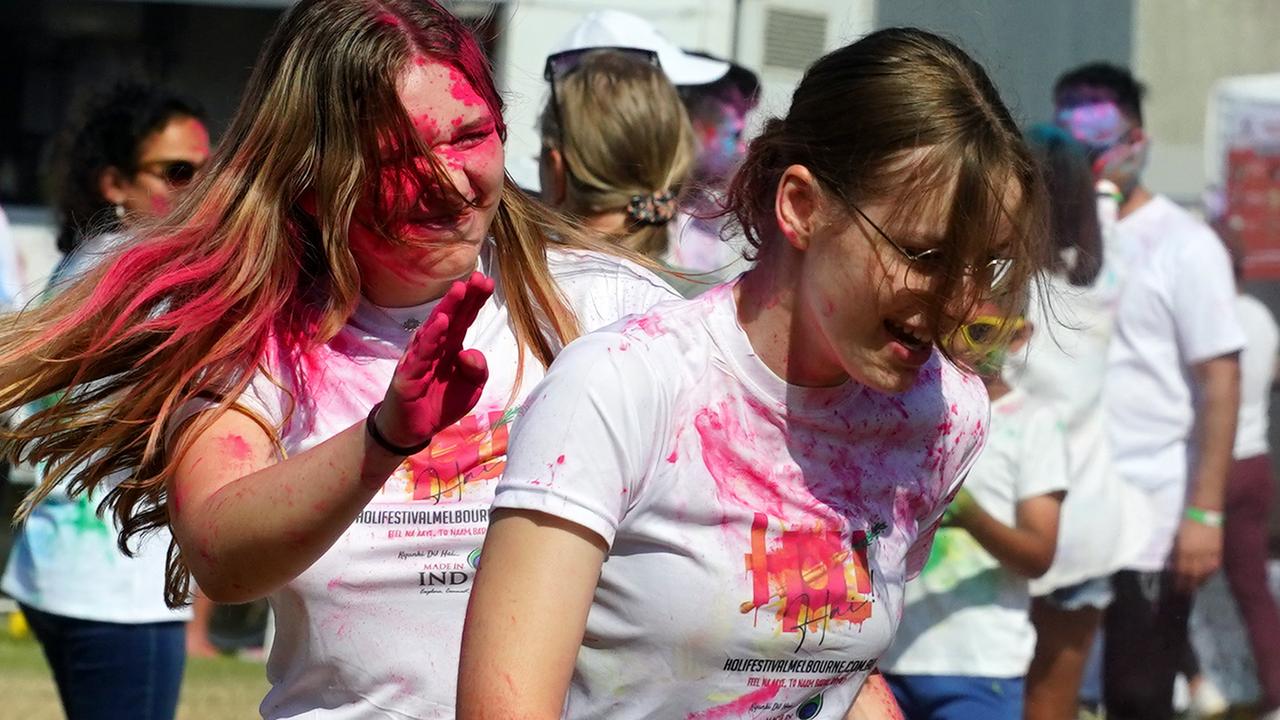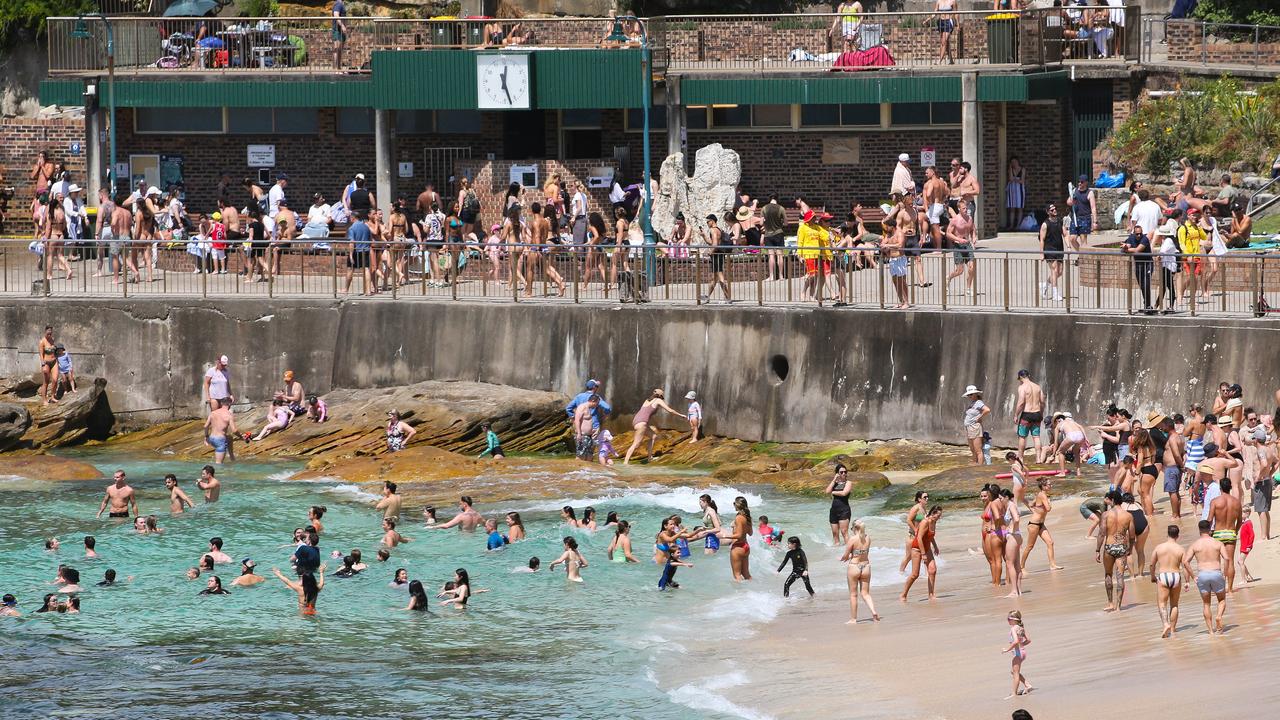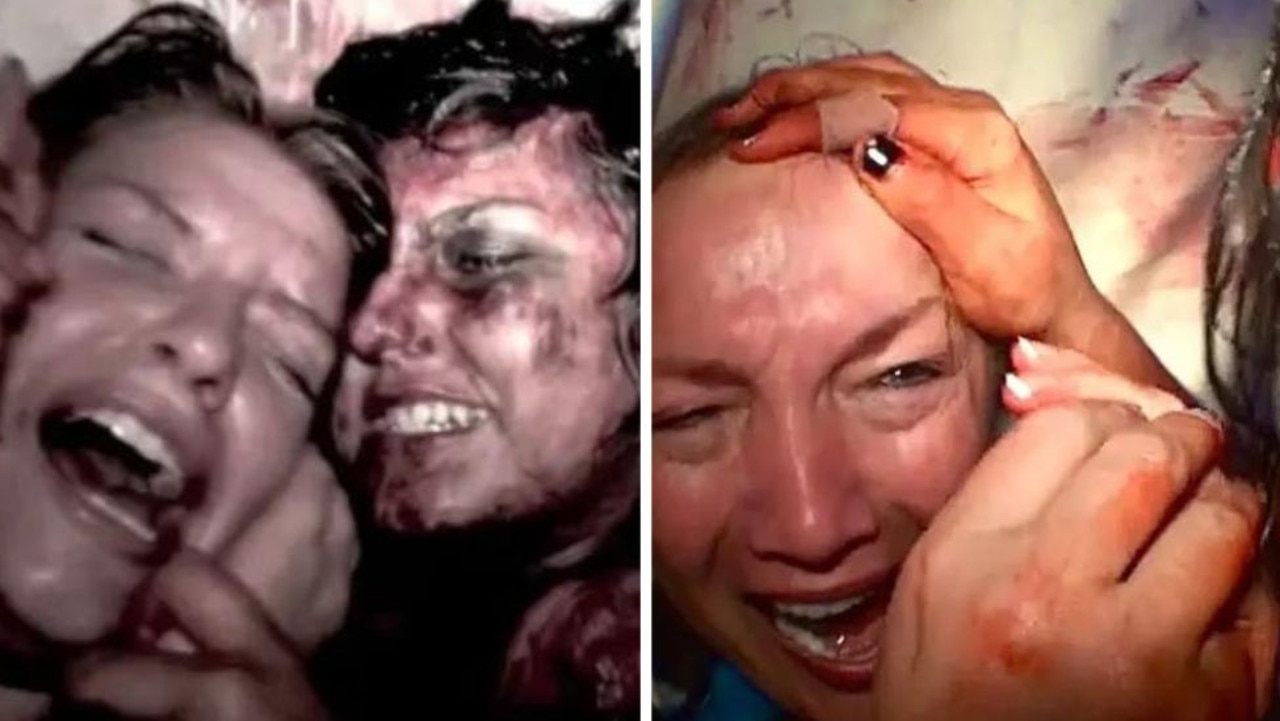Las Vegas shooting could be ‘hotel industry’s 9/11’, expert warns
LAS Vegas is designed to make people relax and spend as much money as possible. But that could be about to come to an end.
SEPTEMBER 11, 2001, undeniably changed the world.
The unmatched terrorist attack mercilessly ended thousands of lives and had a global impact.
Aside from the tens of thousands of people who were directly affected through family, friends and colleagues, it played on all of our fears and changed at least one industry for good. Aviation would never be the same.
Following the disaster, airlines were forced to take away from passengers some of the freedoms they had previously paid for and enjoyed. Travel items were restricted, in-flight security measures were introduced, shoes came off at security checkpoints and nail files were binned.
Now, a leading tourism expert is predicting the Las Vegas massacre — where gunman Stephen Paddock opened fire on a crowd of 22,000, killing at least 59 people after hauling a cache of firearms into his hotel room — will be the accommodation sector’s 9/11.
Hotels and casinos are designed to welcome guests and make them feel as comfortable as possible to spend money and enjoy themselves.
But security experts told the New York Times that short of installing metal detectors and individually searching bags, it could be impossible to prevent people bring weapons into a casino.
“Unfortunately, Las Vegas is a big soft target,” said Ed Davis, who was police commisioner during the Boston Marathon bombing.
“The fact that it hasn’t happened here before is a miracle.”
Speaking with news.com.au, University of Technology Sydney senior tourism lecturer David Bierman said the incident would likely force a shake-up the hotel industry has never had to face before.
“The scale of this particular attack is going to make people a lot more nervous than they are and it’s going to affect family travel plans and people’s willingness to stay in hotels. It’s certainly going to make a lot of people think twice about it,” Dr Bierman said.
“How it affects tourism will depend on how the accommodation industry responds.”
Las Vegas hotels and casinos have already begun beefing up security in the wake of Sunday’s mass shooting.
According to Bloomberg News, the luxury Wynn Las Vegas, which sits on Las Vegas Boulevard about 4km down the road from Mandalay Bay Resort and Casino where Paddock set up his rifles, has begun scanning visitors with metal-detector wands and inspecting bags. Other hotels are expected to follow suit, but there are no official calls from industry bodies to do so.
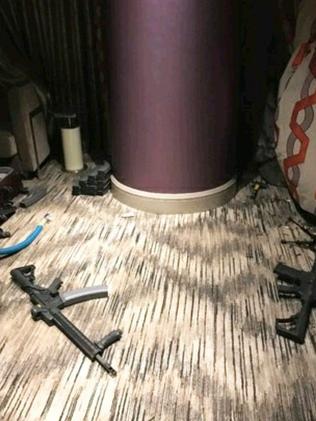

Dr Bierman said hotels and other accommodation providers were outliers in the otherwise heavily regulated tourism industry.
The air travel and cruise sectors, he pointed out, had strict global standards of security to comply with.
“There’s an organisation called the international maritime organisation that sets minimum standard that every cruise line has to adhere to around the world,” he said.
“The aviation industry sets minimum standards on airlines. The hotel industry has no such body.”
Dr Bierman said it was difficult to try and set the same standard across “the enormous web of accommodation providers”, but an incident like Sunday night’s massacre — which played out after a guest smuggled a cache of military-grade weapons into his 32nd floor hotel room — could be an impetus for change.
“MGM group, which carries the Mandalay Bay Resort, in fairness to them, are not doing anything differently to any other hotel organisation,” he said.
“I’ve read a lot of articles which say they take a lot of care with security, but I think it’s going to be a huge shock to them and they’ll be faced with security issues they haven’t had to consider before.”
The impact of Sunday night’s deadly attack would be felt further than MGM’s chain of Las Vegas hotels and casinos and their neighbours along the famous tourist strip, Dr Bierman predicted.
“I think for the hotel industry, it’s almost like their 9/11,” he said.
“After 9/11, the airline industry sat down and said, ‘What are we going to do about this? How can we enhance security on aircraft?’
“And they’ve been pretty successful. We’ve had a few close calls, but we’ve never had a repeat.
“I think in a sense this particular event, because it’s on such a massive scale and there are eyes on the hotel where he apparently managed to smuggle the weapons into, it will have to prompt a similar reaction.”
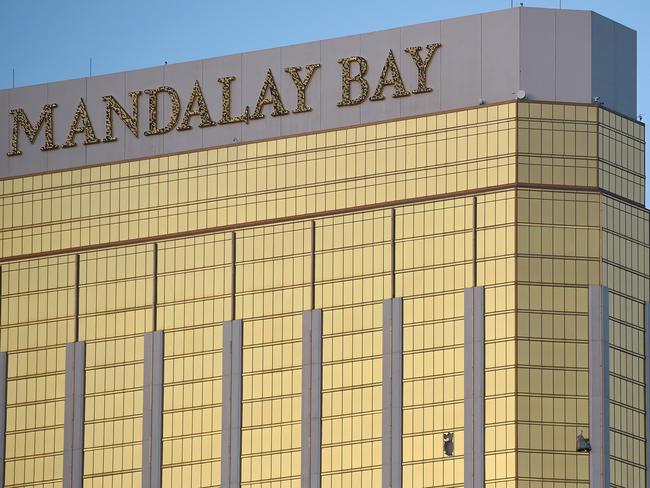
As it stands, guests can enter most hotels on the Las Vegas Strip, and any major tourism city around the world, without having their belongings scanned or luggage checked in any way.
Usually there are few security guidelines and aside from pleas not to smoke or open windows, guests are free to do what they like in, and bring whatever they want to hotel rooms.
But, according to industry indisders, there are a lot more security measures going on behind the scenes that guests may not be aware of.
Tourism Accommodation Australia chief executive Carol Giuseppe told news.com.au hotels around Australia, and around the world, had strict standards when it came to making sure guests were safe.
“All hotels work closely with police, and that’s both local and federal police,” she said.
“They have measures in place that escalate if there’s a heightened security risk, and at the same time they put in place smaller measures like increased security on doors and decluttering large areas.”
Ms Giuseppe said major hotel chains, particularly in Australia, had high security standards that were strictly implemented. Though there isn’t an industry standard, she said the larger chains adhered to their own standards and took advice from authorities.
“We take our advice from police and at this stage there is no requirement to implement the level of monitoring you might experience at, say, airport security checks,” she said.
Ms Giuseppe said the Las Vegas attack was a “unique situation” and not one that she saw forcing and industry shift.
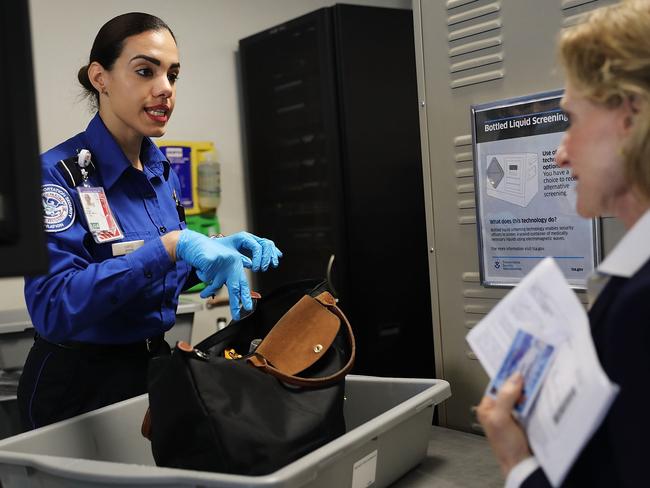
But she did say accommodation providers across Australia and the world were sensitive and responsive to world events.
“If you think they’re sitting on their backsides not worrying about this at all or worrying bout what’s happening worldwide at all then that will be incorrect,” she said.
“There’s a lot of measures that are happening that may not be visible, but they’re there.”
Safety and security are key motivators for Australian travellers, new research released this week revealed.
National statistics published by Real Insurance and CoreData said more than 70 per cent of Australian families said world events had some impact on their holidays travel plans, and ranked terrorist activity as their top security concern.
More parents (80.2 per cent) said they would happily fork out more money to ensure their family stayed in safer spaces while on holiday, and estimated they would spend an average of $630 extra per year on vacations if it meant being safer.


